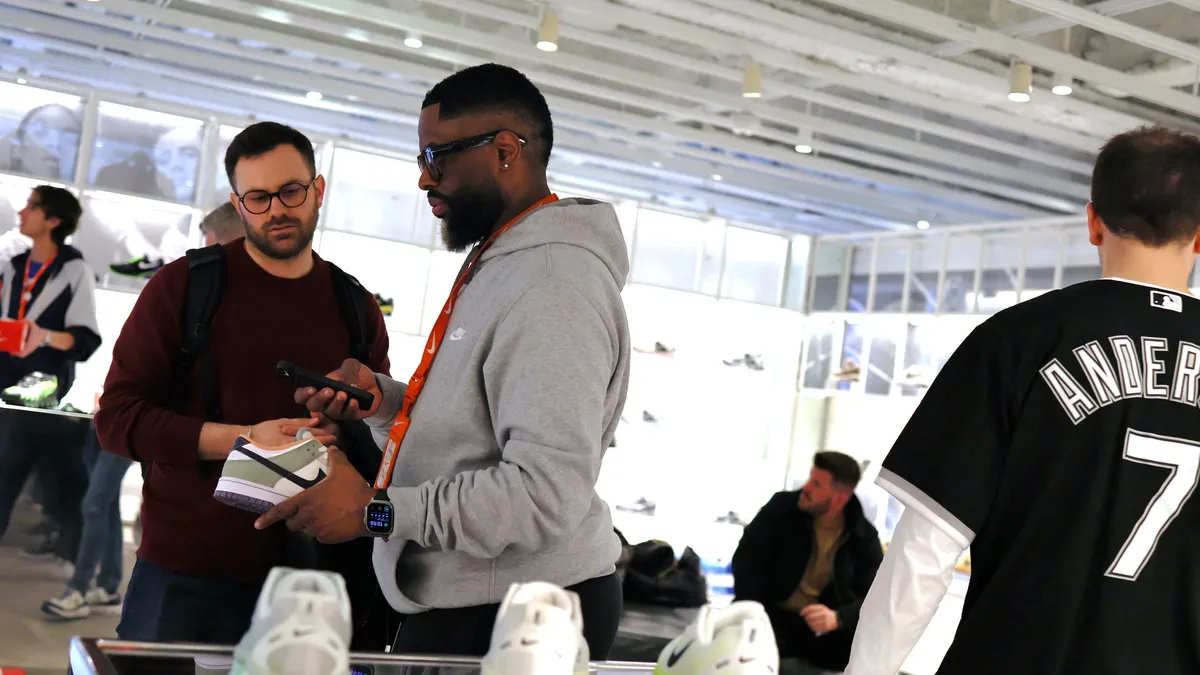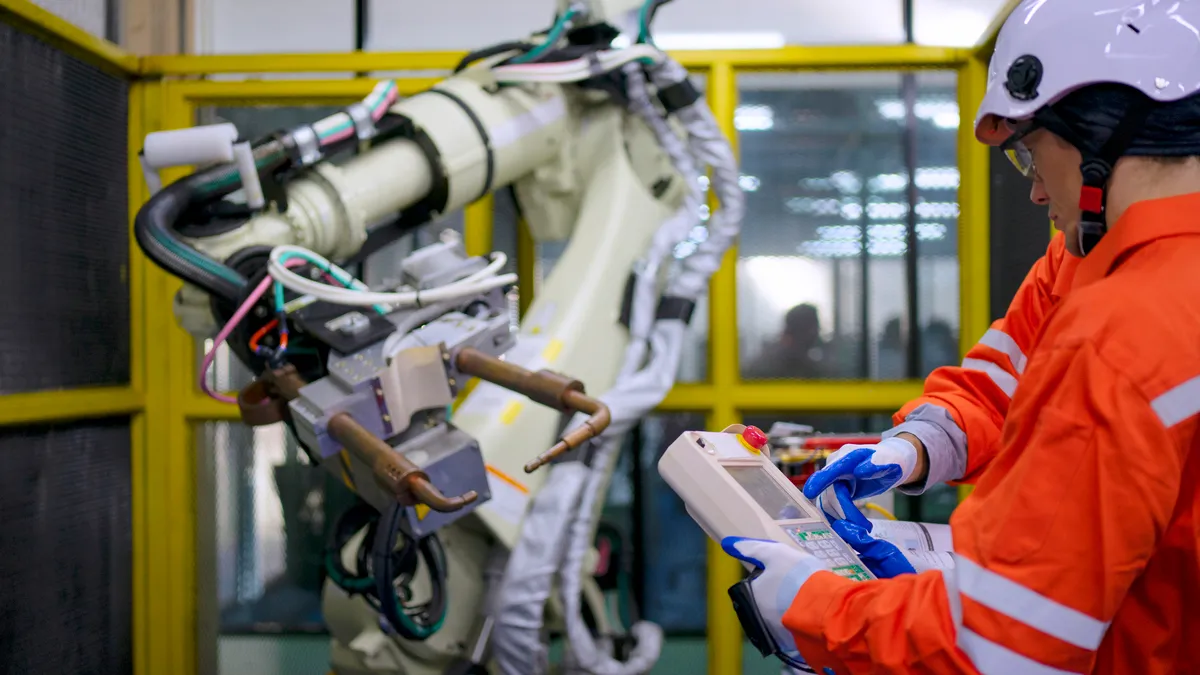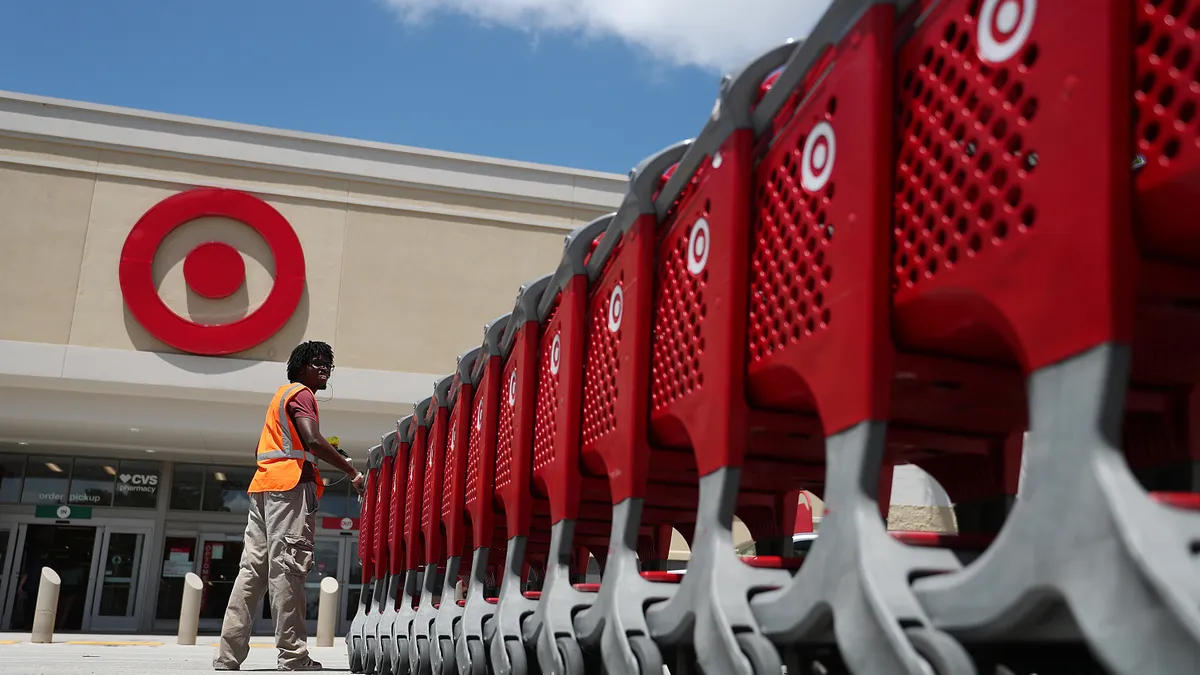While Diana Ross, Studio 54 and the Bee Gees may come to mind, "disco" is taking on a fresh meaning at Spotify.
Launched in Q1 2021, Disco is a data-driven system aiming to bring clarity, efficiency and transparency to talent management at the music streaming company. The human capital management system echoes Spotify's consumer-facing application, with "songs," "playlists" and "albums" made up of data. Instead of heeled booties, tailored flares and towering metallic platforms, Disco's dance floor comprises demographic information, head count and career trajectories.
"It's the whole spectrum of the employee lifecycle," said Gary Munro, director of HR insight at Spotify. With Disco, the team set out to build an accessible, easy-to-use system that could illuminate talent challenges through data. When Munro first started, HR team data collection was "transactional," he said. Report requests made up most of the work in that lane. Along with offering valuable insights, Munro also wanted to tackle trepidation around number analysis.
"It feels like it sits in a niche, where people can be quite intimidated," he said. "You feel like you need quite a high level of experience or skill to get into it." Enter Disco, built with "a single line of data for every Spotifier."
The "songs" are metrics, while the "albums" are a collection of metrics, related to the stage of an employee life cycle. "That could be something on demographics or around recruitment," Munro said. "Playlists" group data by topic and "stitch metrics together to tell stories in a different way," Munro said. Clicking through these, users can expand the songs into data visualizations that are interactive. Users can also filter the information and read up on how the HR team came up with certain calculations.
As for interface, it's pretty much like regular Spotify — similar to how Workplace for Facebook mirrors the social media platform. "The genesis of Disco was [if] you consider the data as the content, and the parallels you could then draw between what we do in a consumer space, how people can find the audio," Munro said. "The same way we release songs on a daily basis and new content becomes available, Disco is the same."
Just as consumers can get down to curated music with their "Daily Mix," Disco offers curated playlists for Spotifiers. There's a Disco version of the "Release Radar" playlist. An employees' "Heavy Rotation" includes the data points they look at on a regular basis. Disco, like Spotify, also recommends songs.
The response to this system has been "really positive," Munro said. For one, the software has provided clarity for the HR team. It has also streamlined the processes of requesting and delivering numbers. Since Disco is available to all Spotifiers — although some content is restricted for certain groups of employees — employees have openly appreciated the transparency, Munro said. Disco has also spurred more conversations around accountability and diverse hiring.
As someone whose main focus at Spotify is data, Munro expressed his belief that numbers are only a fraction of the story. On one hand, the HR team's effort to "make sustainable change" has looked like ensuring underrepresented talent step into more tech roles or creative roles. "[We're] more tuned in now to understanding the differences we have, and making sure our workplaces reflect our customer base," he said.
But, he said, "You can kind of get bogged down in that number conversation. Actually, percentages are a reflection of all the work. If you do all the work, as it's meant to be done, the numbers take care of themselves." He also acknowledged that marginalized people aren't a monolith and that identity-related problems can arise at any point of the talent cycle — from recruiting, to interviewer bias, to performance reviews.
"There are multifaceted problems, and sometimes we can try and oversimplify what we're trying to do," he said. It's why embedding D&I-related information in Disco was a priority, he added.
In some ways, diversity has always been the driving factor for Disco. The project's initial tagline was "where data comes to dance," but the team chose "Disco" due to the genre's inclusive connotations. Throughout the ‘60s and ‘70s, the scene was a safe haven for gay and trans people, Black and Latinx people, and pioneering women.
"The origins of disco music: it's kind of a melting pot of lots of different cultures, different styles. It just sort of fell into what we were trying to achieve. Not many people don't enjoy a good disco track," Munro said. "It's this idea of a melting pot of different things coming together, to create something quite great."













![Salesforce AI's CEO sits onstage across from Cristina Criddle. Screens that say Human[X] hang behind them.](https://imgproxy.divecdn.com/J71WpXWHjr8jmbCw_PX7Cp2YH7Pmo8dP66Pz0SEPfw4/g:nowe:0:104/c:1024:578/rs:fill:1200:675:1/Z3M6Ly9kaXZlc2l0ZS1zdG9yYWdlL2RpdmVpbWFnZS9HZXR0eUltYWdlcy0yMjA0NjUxNDM0LmpwZw==.webp)







